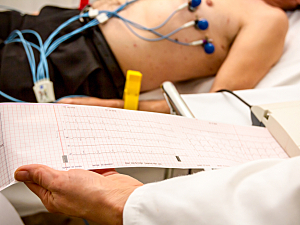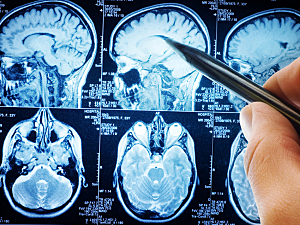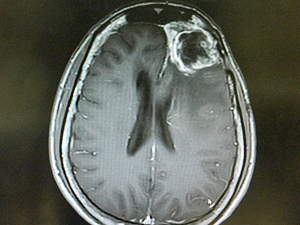Artificial Intelligence, Machine Learning, and the Future of Neurosurgical Care

Timothy Smith, MD, PhD, MPH, a neurosurgeon-scientist in the Brigham’s Department of Neurosurgery, is exploring how to utilize artificial intelligence and machine learning to optimize neurosurgical patient care. He is co-author of three papers that offer a glimpse into how these technologies are transforming the field.
Read More...







